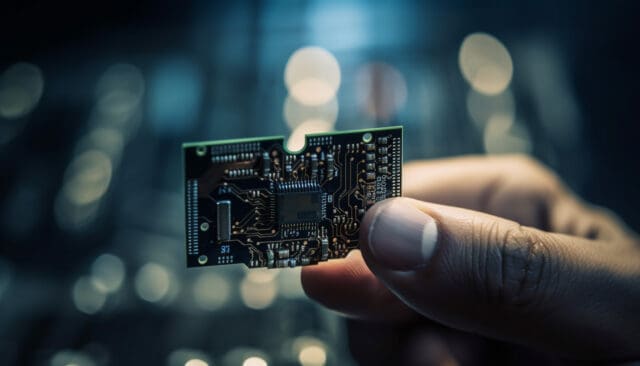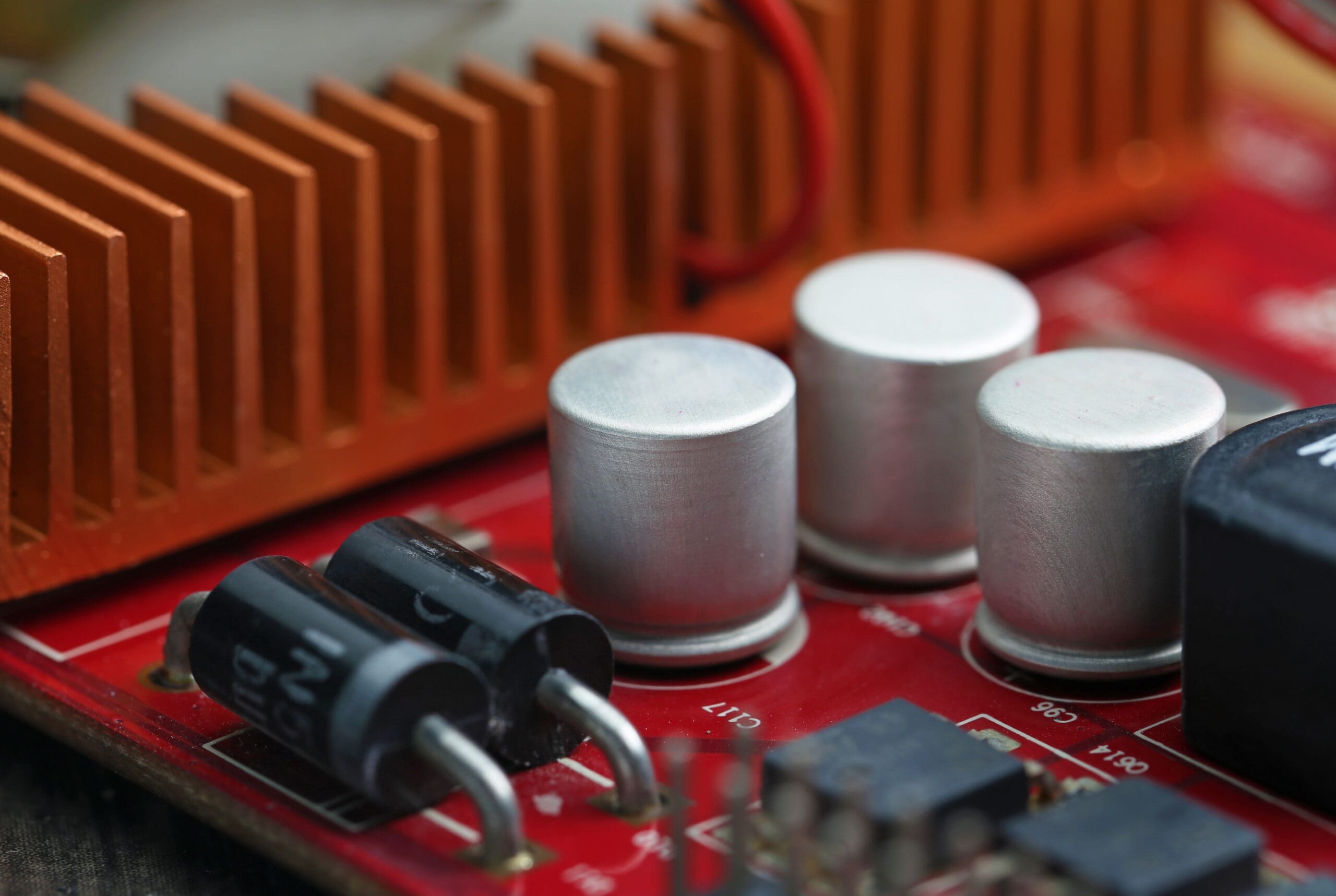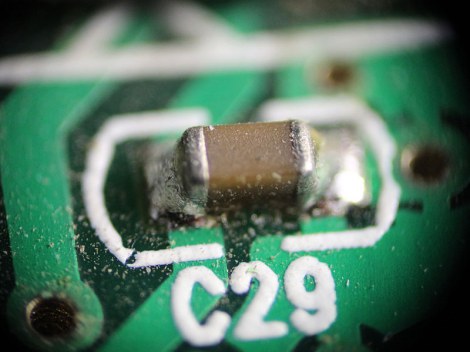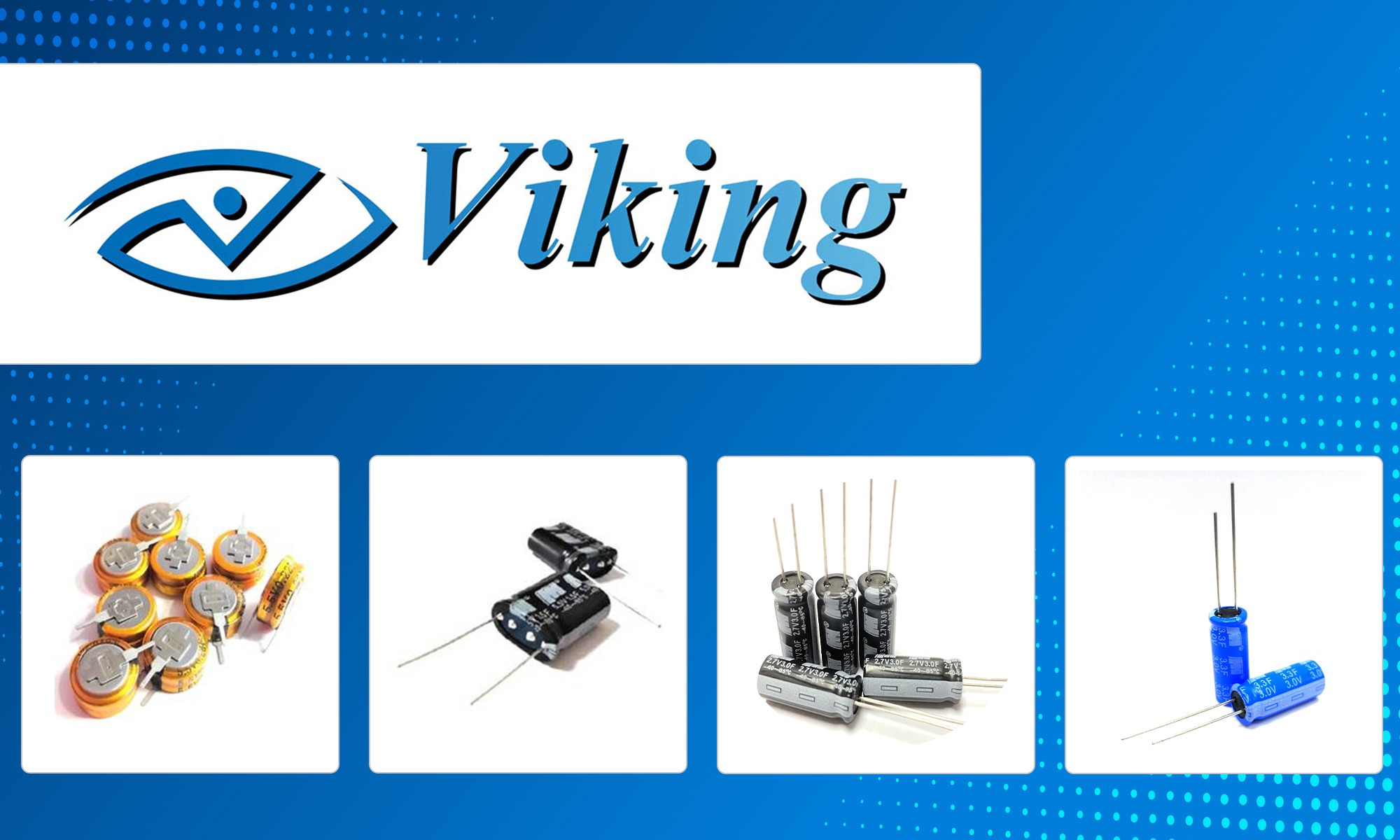Capacitance is a fundamental concept in the theory of electrical circuits and electronics. It refers to the ability of a component, known as a capacitor or capacitor, to store an electrical charge. Capacitance is measured in farads (F) and is a property that determines the amount of charge a capacitor can store per unit of applied voltage. Here we show you a detailed explanation about capacitance:
- Capacitors: They are electronic devices that store energy. They are made up of two conductive plates separated by a dielectric material, which is an electrical insulator. These plates can be of different shapes and sizes, but the key is that they are close together, allowing for the storage of electrical charge.
- Electrical Load and Voltage: Capacitance is related to the amount of electrical charge that can be stored in a capacitor at a given voltage. The larger the capacitance of a capacitor, the more charge it can store at a specific voltage. The relationship between charge (Q), voltage (V) and capacitance (C) is expressed by the following formula: Q=C.V
Explanation:
- Q is the electrical charge stored in the capacitor (in coulombs, C).
- C is the capacitance of the capacitor (in farads, F).
- V is the voltage applied to the capacitor (in volts, V).
Energy Storage and Release Behavior
- When a voltage is applied to a capacitor, it accumulates charge on its plates. Energy is stored in the form of an electric field between the plates and is released when the capacitor discharges, thus releasing the stored energy.
Dielectric Dependence and Geometry
The capacitance of a capacitor depends on several factors. First of all, it depends on the surface of the conductive plates: the larger the surface, the higher the capacitance. It also depends on the distance between the plates: the smaller this distance, the greater the capacitance. The type of dielectric material between the plates also affects the capacitance. Some dielectric materials have a higher dielectric constant than others, which increases the capacitance.
Applications
Capacitors are used in a variety of applications in electronics and electricity. They are used to filter signals, temporarily store energy, adjust delay times in circuits, and many other applications. Capacitors are essential for the operation of power supplies, timing circuits, radios, communication equipment and a wide range of electronic devices.
In short, capacitance refers to the ability of a capacitor to store electrical charge and is determined by the geometry of the capacitor and the dielectric material between its plates. It is a fundamental concept in electrical circuit theory and is essential to understanding how electronic circuits work and are designed.
If you have any questions about this article from Revista Española de Electronica, you can contact us through the form on the website.








